A VPN (Virtual Private Network) is a technology that creates a secure connection over the internet. It helps protect your online activities by encrypting your data and hiding your IP address.
This technology is essential for maintaining internet privacy and ensuring secure browsing. When you use a VPN, your internet traffic is routed through a remote server.
This process masks your actual location and helps you bypass geo-restrictions. With a VPN, you can access content that may not be available in your region, enhancing your online experience.
How Does a VPN Work?
A VPN works by establishing a secure tunnel between your device and the internet. This tunnel encrypts your traffic, making it unreadable to anyone monitoring your connection. Your Internet Service Provider (ISP) cannot see what websites you visit or what data you send.
The process starts when you connect to a VPN server. Your IP address is hidden, and your data is encrypted. This ensures that your online activities remain private and secure, especially when using public Wi-Fi.
What Are the Benefits of a VPN Connection?
Using a VPN offers numerous benefits. First and foremost, it enhances your online anonymity. By hiding your IP address, you can browse the internet without being tracked. This is particularly important for protecting your personal information.
Additionally, a VPN provides data encryption, which secures your sensitive information. This is crucial for preventing data leakage while using unsecured networks. Overall, a VPN significantly improves your cybersecurity posture.
Try the Fastest VPN for Free!
If you’re looking for a reliable VPN, consider trying out Kaspersky VPN. It delivers impressive speeds and robust security features. With a free trial available, you can experience the benefits without any commitment.
Many users find Kaspersky VPN to be user-friendly and efficient. Its advanced encryption protocols ensure that your data remains safe from prying eyes. Don’t miss the opportunity to enhance your online security!
Why Should You Use a VPN Connection?
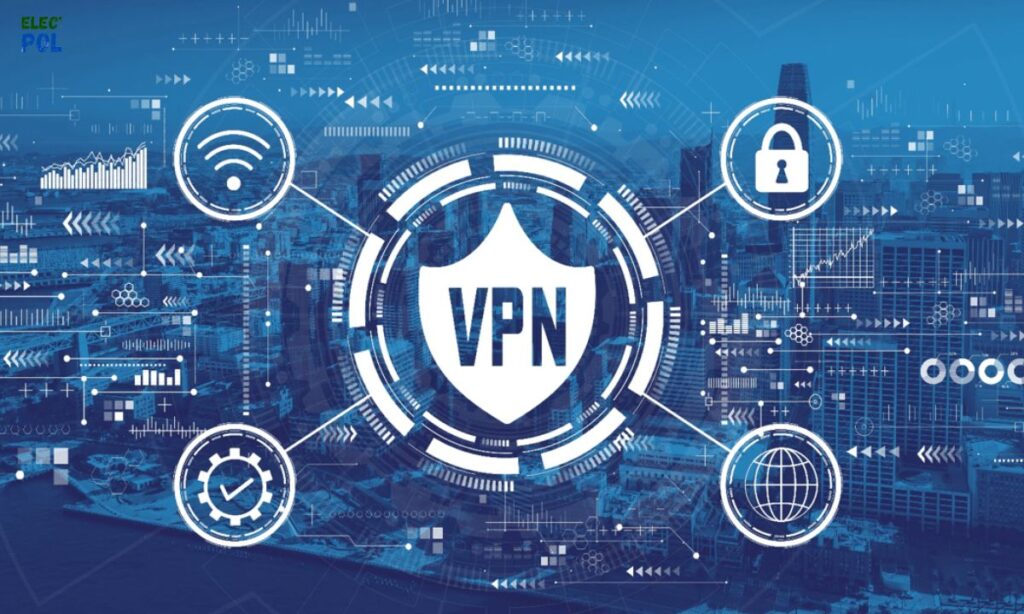
There are several compelling reasons to use a VPN. First, it protects your browsing history from your ISP and advertisers. This means your online activities remain private and secure.
Moreover, a VPN is essential for accessing region-restricted content. Many streaming services limit access based on your location. By using a VPN, you can effectively bypass these restrictions and enjoy your favorite shows from anywhere.
What Should a Good VPN Do?
A good VPN should provide strong encryption for your data. This includes protecting your traffic with advanced protocols. Additionally, it should ensure that your IP address is hidden from potential threats.
Another essential feature is a kill switch. This tool automatically disconnects you from the internet if the VPN connection drops. This prevents your data from being exposed during unexpected outages.
The History of VPNs
The concept of VPNs dates back several decades. Originally developed to secure data transmissions across networks, VPN technology has evolved significantly. Early implementations were primarily used by businesses for secure remote access.
As the internet grew, so did the need for online privacy. The introduction of consumer VPNs in the early 2000s marked a significant shift in how individuals protect their data online.
Read this Blog: ALOKINDS Share Price Target 2024, 2025, up to 2030
The Predecessors of the VPN
Before VPNs, various technologies aimed to secure data transmission. One of the earliest was ARPANET, a project initiated by the U.S. Department of Defense. This laid the foundation for the development of secure connections over the internet.
Subsequent advancements in networking protocols led to the creation of TCP/IP. This framework allowed different networks to communicate securely, paving the way for modern VPN technologies.
Early VPNs
The first notable VPN technology was swIPe, developed in 1993. This protocol provided a basic framework for encrypting internet traffic. Following this, IPSec was introduced, offering enhanced security features for data transmission.
As internet usage grew, the demand for reliable VPNs increased. By the early 2000s, businesses began adopting VPN technologies to safeguard sensitive information.
VPNs and Their Current Use
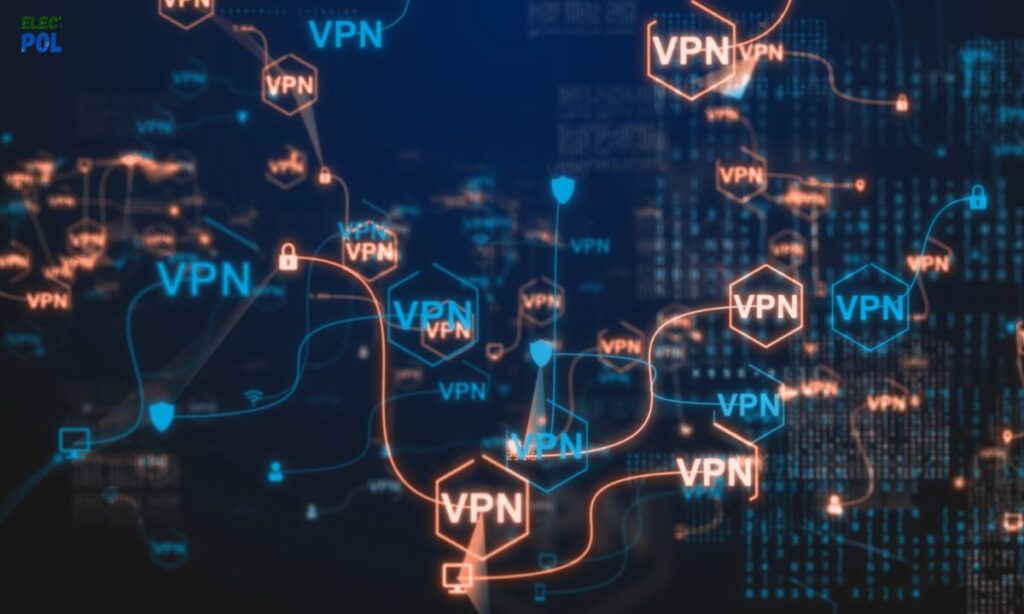
Today, VPNs are widely used by both individuals and organizations. They are essential for ensuring cybersecurity in an increasingly digital world. Many people use VPNs to protect their data while surfing the web or accessing public Wi-Fi networks.
Additionally, VPNs are crucial for remote workers. They enable secure access to company networks, allowing employees to work from anywhere without compromising data integrity.
Here’s How to Surf Securely with a VPN
To surf securely with a VPN, follow these simple steps. First, choose a reliable VPN service and install the software on your device. Once installed, connect to a VPN server of your choice.
After connecting, your internet traffic is encrypted. This means that your ISP and other third parties cannot track your online activities. Enjoy a safer browsing experience without worrying about potential threats.
Read this Blog: Free AI Image Generators in 2024: Create Stunning Visuals Effortlessly
What Kind of VPNs Are There?
There are several types of VPNs, each serving different purposes. Understanding the various options can help you choose the right one for your needs.
SSL VPN
An SSL VPN is often used for secure remote access. It works through a web browser, allowing users to connect without additional software. This type of VPN is popular among businesses that require secure connections for remote employees.
Site-to-Site VPN
A site-to-site VPN connects multiple networks, allowing secure communication between them. This is particularly useful for organizations with multiple locations. It facilitates seamless data sharing without compromising security.
Client-to-Server VPN
A client-to-server VPN is designed for individual users. This type of VPN connects a user’s device directly to a remote server. It is commonly used for personal browsing and accessing restricted content.
How Do I Install a VPN on My Computer?
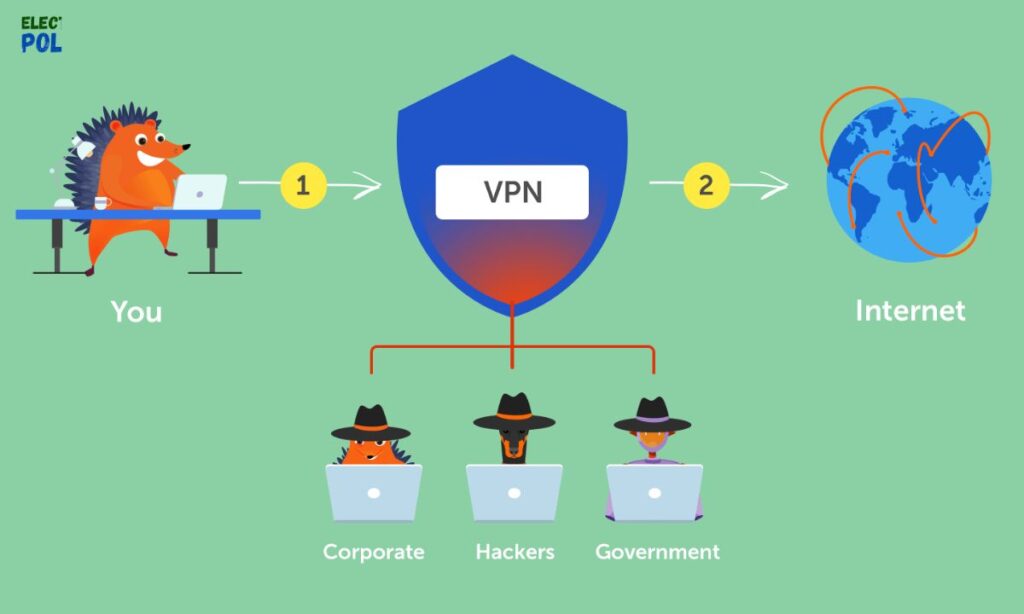
Installing a VPN on your computer is straightforward. Start by selecting a VPN provider that suits your needs. Download the VPN client from their website and follow the installation instructions.
Once installed, open the VPN application. Log in with your credentials and choose a server to connect to. After connecting, your online activities will be secure.
VPN Client
A VPN client is dedicated software that facilitates the connection to a VPN. It provides a user-friendly interface for managing your VPN settings and connections. Many providers offer clients for various operating systems.
Browser Extensions
Some VPN services offer browser extensions for added convenience. These extensions enable quick access to VPN features directly from your web browser. However, they only protect browser traffic, so they are not as comprehensive as standalone clients.
Router VPN
Installing a VPN on your router secures all devices connected to your home network. This is particularly useful for smart TVs and other devices that don’t support VPN clients. A router VPN provides a blanket of security for your entire network.
Company VPN
A company VPN is a tailored solution for businesses. It allows employees to access company resources securely from remote locations. Typically managed by the IT department, it ensures that sensitive data remains protected.
Can I Also Use a VPN on My Smartphone or Other Devices?
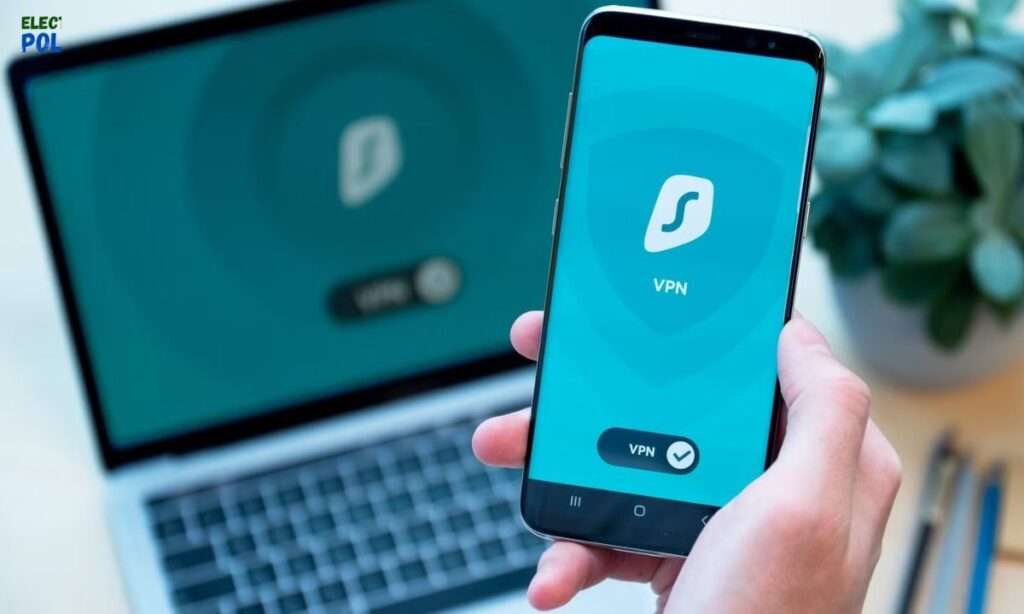
Yes, most VPN providers offer apps for smartphones and other devices. These apps are easy to install and provide the same security features as desktop clients. You can enjoy secure browsing on the go, protecting your data from potential threats.
Is a VPN Really So Secure?
While a VPN enhances your online security, it is not a comprehensive solution. It encrypts your data and hides your IP address, but it does not protect against malware or phishing attacks. For complete protection, use a VPN alongside trusted antivirus software.
Selecting a Secure VPN Provider
Choosing a secure VPN provider is crucial for maintaining your privacy. Look for providers with a strong reputation, robust security features, and a no-logs policy. This ensures that your data remains private and is not shared with third parties.
How to Install a VPN Connection on Your Smartphone
To install a VPN on your smartphone, download the app from the app store. Follow the setup instructions and log in with your account. Once configured, you can easily connect to a VPN server with a single tap.
Frequently Asked Questions
What is a VPN?
A VPN is a technology that creates a secure connection over the internet, protecting your online activities.
How does a VPN work?
A VPN works by encrypting your internet traffic and redirecting it through a remote server, hiding your IP address.
What are the benefits of using a VPN?
Benefits include increased online privacy, data encryption, and access to restricted content.
Can I use a VPN on public Wi-Fi?
Yes, using a VPN on public Wi-Fi enhances your security and protects your data from potential threats.
Is a VPN necessary for everyone?
While not essential for everyone, a VPN is beneficial for those concerned about privacy and security online.
Conclusion
In conclusion, a VPN is an invaluable tool for protecting your online privacy and ensuring secure internet access. By encrypting your data and hiding your IP address, a VPN enhances your cybersecurity.
Whether you’re a remote worker or an everyday internet user, investing in a reliable VPN is essential for a safer online experience. Choose a trusted provider, and enjoy the peace of mind that comes with knowing your data is secure.

I’m passionate electric scooter enthusiast and the voice behind this blog. I’m here to share my expertise and insights with you. From in-depth reviews to problem-solving guides, my goal is to help you make the most of your electric scooter experience.
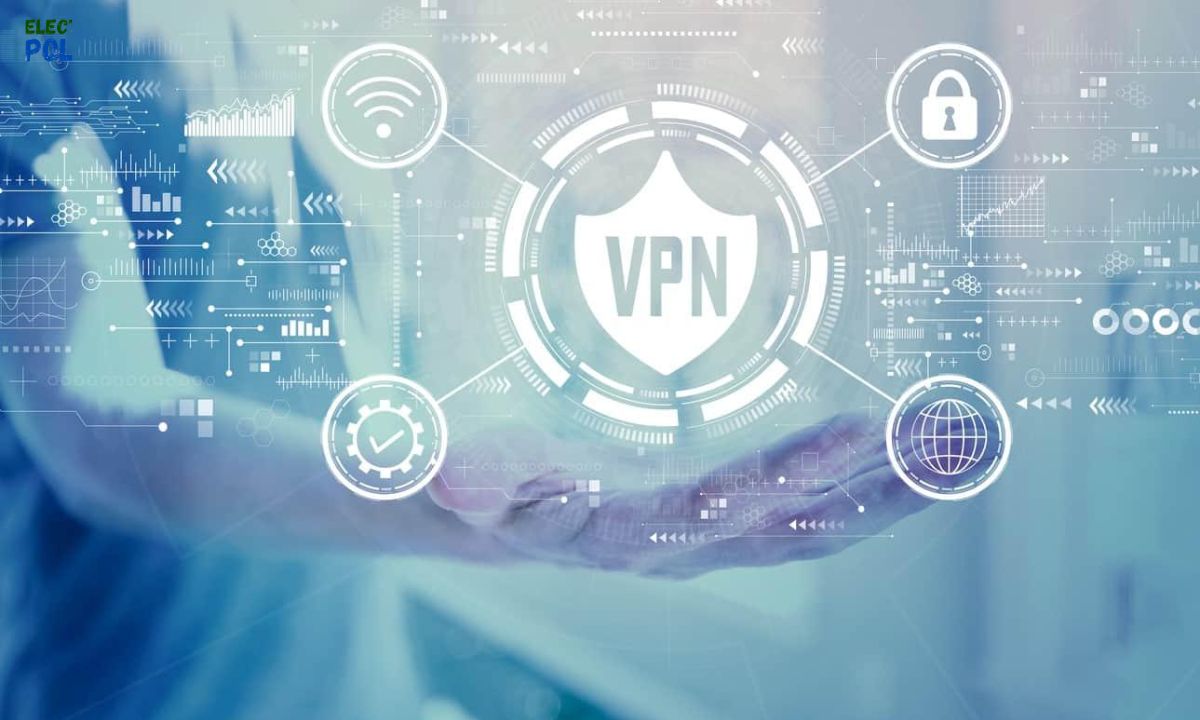
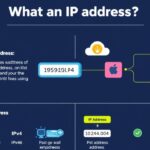






![Gomyfinance.com Invest: I Made $5,000 in My First Month [Real Results 2025]](https://electopolo.com/wp-content/uploads/2025/05/Gomyfinance.com-Invest-I-Made-5000-in-My-First-Month-Real-Results-2025-150x150.jpg)


